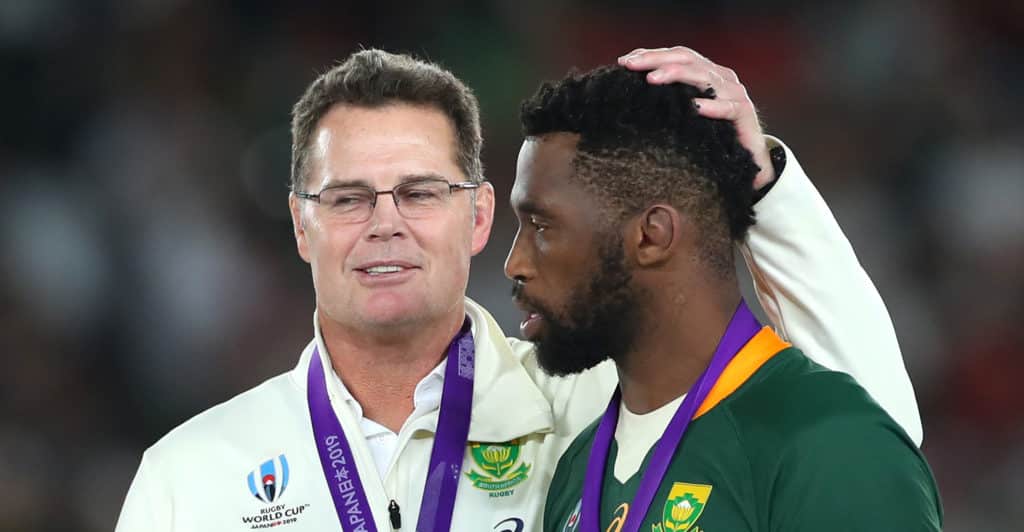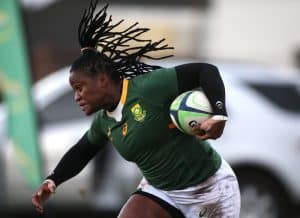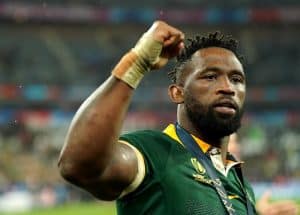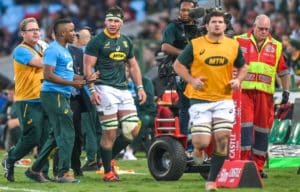Springbok captain Siya Kolisi has opened up on how the team environment has become more inclusive under Rassie Erasmus.
Kolisi on Sunday added his voice to the conversation around the Black Lives Matter movement with a heartfelt video post.
During the video, Kolisi opened up about how struggling to adjust to the largely Afrikaans-dominated Springbok environment made him feel devalued.
‘I also had to conform to a whole new culture,’ Kolisi said. ‘I had to learn a whole new language. When I first got to the Springbok environment, everything was done in Afrikaans and I couldn’t speak Afrikaans at all. The calls were in Afrikaans and it affected [me]. I had to translate from Afrikaans to English and from English to Xhosa. It was really hard, so I always reacted late.
‘I felt stupid and embarrassed. My culture wasn’t there. We were representing South Africa but it didn’t feel like I was valued enough. I just had to be grateful to be there. That’s why I never complained about the calls. I didn’t say “Just wait, I will ask one of my friends to explain the calls to me.” It was flipping difficult. Because we weren’t having those conversations and I didn’t feel like I could have that conversation and say, “Listen here, can we do it differently because I don’t understand.”
WATCH: Kolisi – ‘I’ve experienced feeling my life didn’t matter
Kolisi added that it was only when Rassie Erasmus arrived in his position as Springbok coach and SA Rugby director of rugby that the team culture started to change and that black players felt like they could express themselves.
‘Until now, when coach Rassie came in 2018, and he addressed it from the first go. That we need to transform as a team. We need to transform not only by having people of colour in the team, the environment itself, we had to transform from the inside. People must feel valued. Every culture must be represented.
‘We are a unique country where apartheid was in South Africa, so things have to change and be done differently, whether we like it or not. Transformation has to be part of this while we are winning. That conversation changed the game for us as a team. Then we felt valued. We felt like we could sing after the first game that I was announced as captain. That was also something huge because kids in the townships could see, he can do it, so we can also do it.
‘We had this conversation and we could feel as a team that we could do this. We had the campaign that we were criticised for, #StrongerTogether. I think that’s a great campaign because for us as a team it showed. We did work together. We tried to understand each other and focus on a common goal that we had. We all fought for one thing. I think if we all get together and think about one thing … if my suffering and my pain don’t affect you, then we actually aren’t stronger together.’
Photo: Cameron Spencer/Getty Images





